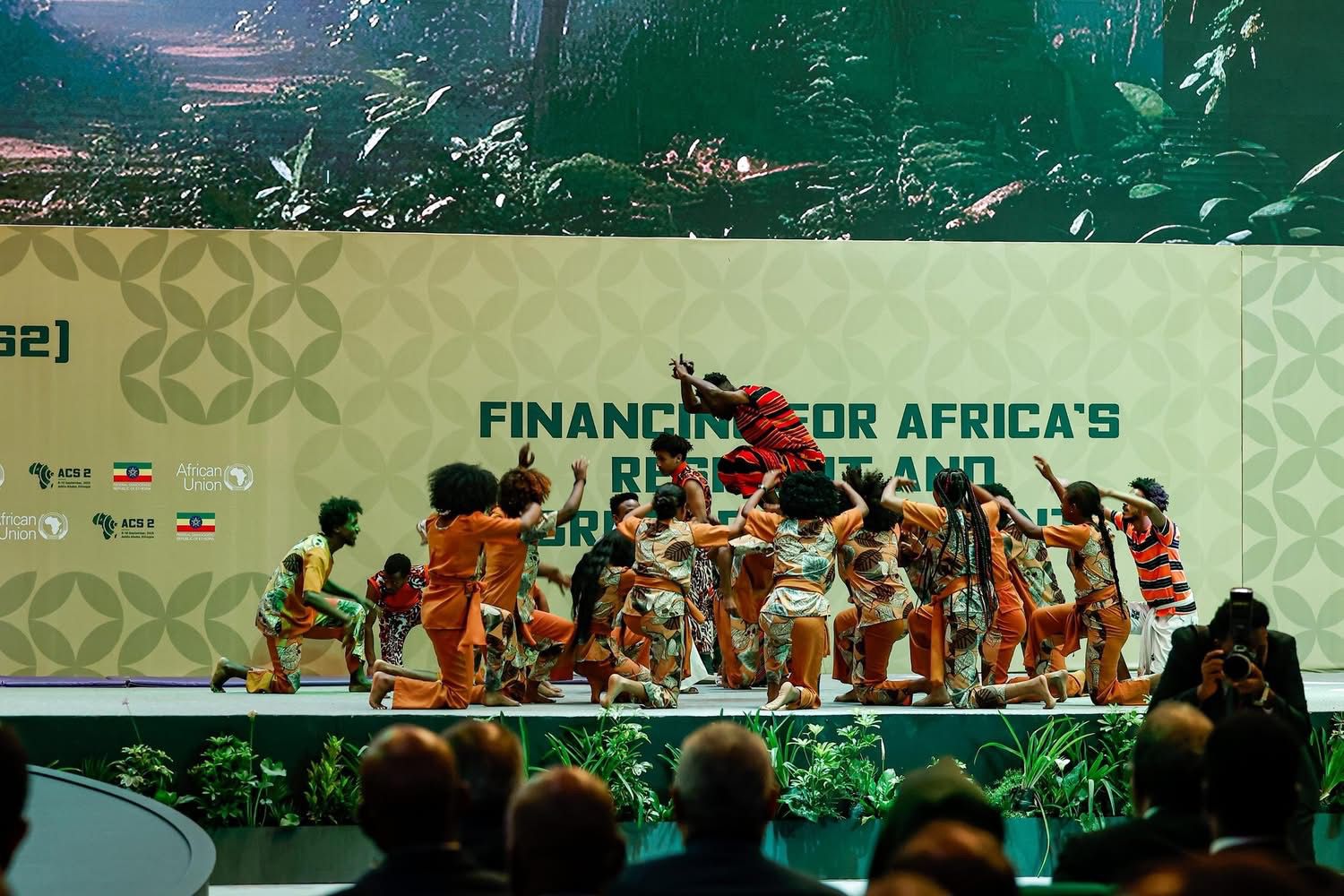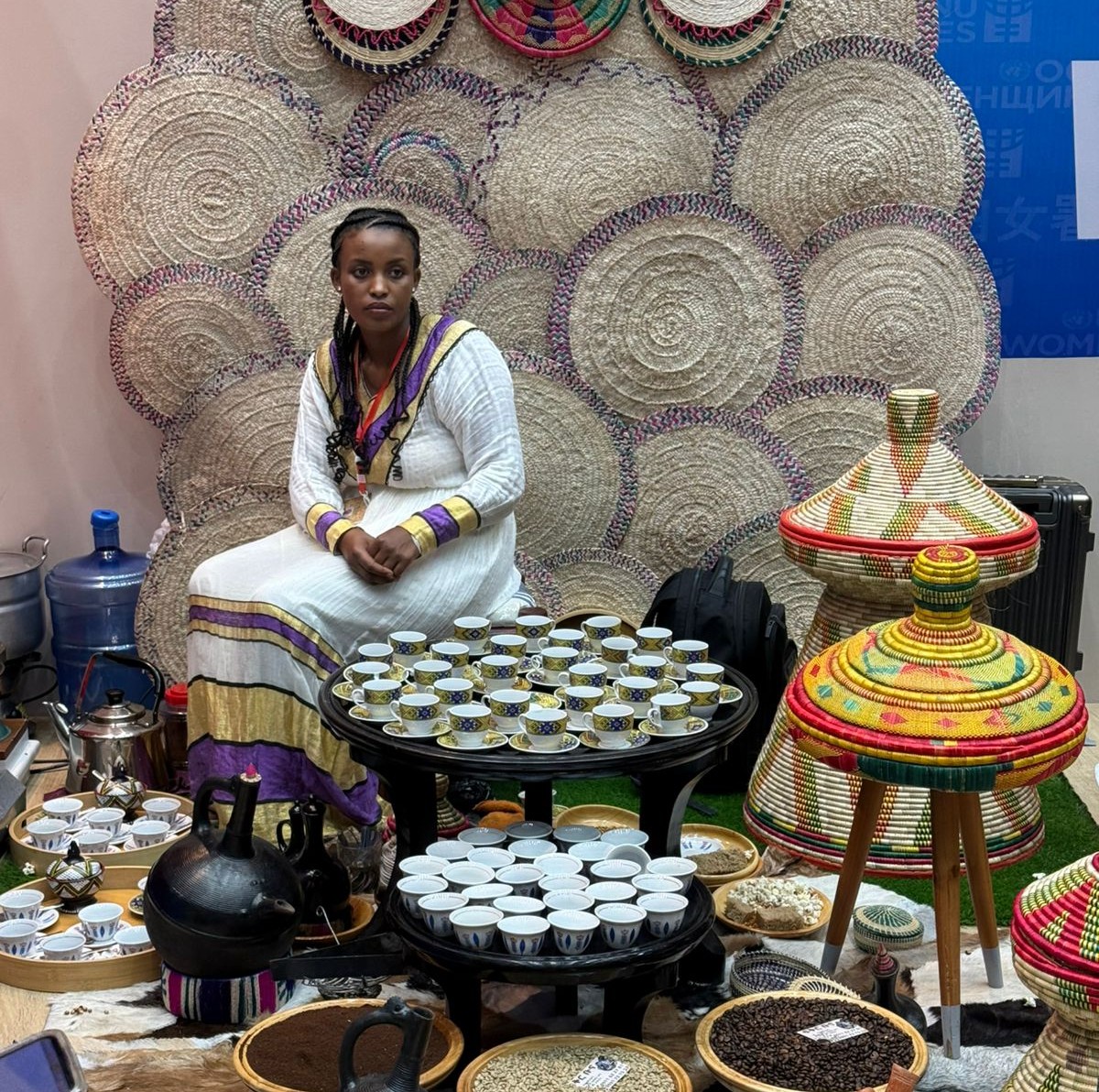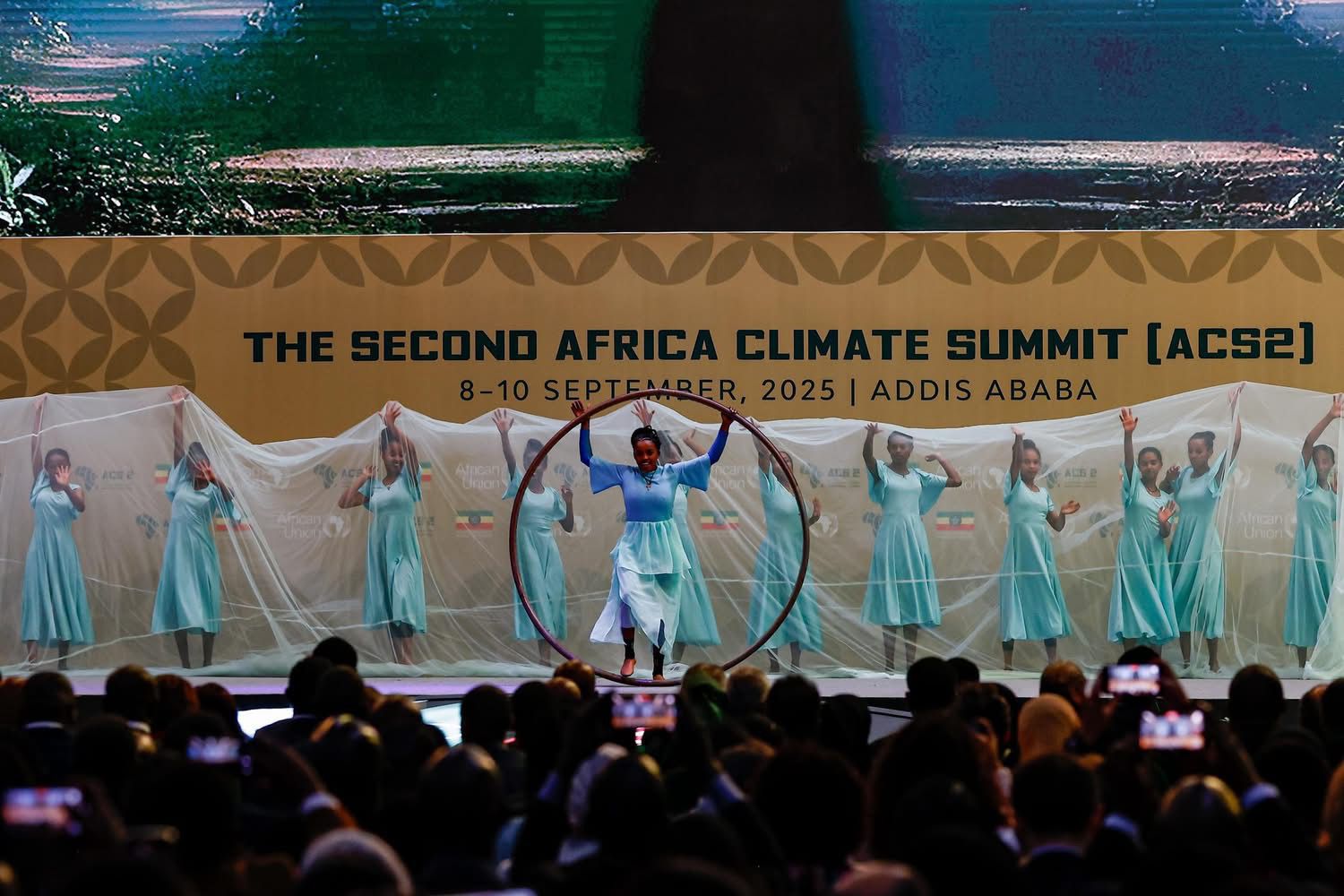
 African heritage and storytelling through dance. /HANDOUT
African heritage and storytelling through dance. /HANDOUT
For decades, climate discussions have often framed African women through a single, limiting lens: that of the victim.
We’ve heard the stories: disproportionate struggle for water during drought, my grandmother in the village not seeing her yield of crops at the usual time of the year, or the backbreaking labour to feed families on parched land. These stories, though vital, are only half the truth.
The Addis Ababa Declaration, born from the recent Africa Climate Summit, marks a profound and necessary shift. It is a powerful blueprint that redefines Africa as a global leader in climate solutions.
Crucially, it recognises that this new future cannot be built without unlocking the full, untapped potential of African women. The declaration does not just acknowledge their vulnerability; it demands that they be at the forefront of climate action.
The New Narrative: From vulnerability to agency
The declaration is a radical departure from the old way of thinking. Its call for “intersectional approaches that promote strong participation from women” is not just bureaucratic language. It is a direct challenge to the status quo, pushing beyond a simple gender binary to see how different social realities compound both vulnerability and potential.
This new vision sees women not as passive recipients of aid, but as active agents of change. The declaration insists on policies that empower women, recognising their unique knowledge and ability to drive innovation. In countless communities across the continent, this is already a reality.
 Traditional Ethiopian coffee ceremony setup at the UN women side event. /HANDOUT
Traditional Ethiopian coffee ceremony setup at the UN women side event. /HANDOUT
In Nigeria, women-led enterprises, supported by organisations like Solar Sister, are building last-mile distribution networks for clean energy products. They are not just selling solar lamps; they are bringing light, safety and economic independence to their communities.
In Chad, climate activist Hindou Oumarou Ibrahim champions the integration of traditional knowledge from indigenous women into global policy. She is a powerful voice for what the declaration recognises: that the wisdom passed down through generations is a critical tool for climate adaptation.
In Kenya, the legacy of Nobel laureate Wangari Maathai lives on through the Green Belt Movement. For decades, thousands of women have been empowered to plant millions of trees, transforming barren landscapes into thriving ecosystems and proving that grassroots, women-led efforts can have a continent-wide impact.
 Cultural performance at the opening of the Second Africa Climate summit in Addis Ababa, Ethiopia. /HANDOUT
Cultural performance at the opening of the Second Africa Climate summit in Addis Ababa, Ethiopia. /HANDOUT
Financing a Feminist Climate Future
The Addis Ababa Declaration’s call for fair and accessible climate finance is not merely about a bigger fund. It is about ensuring that money reaches the people who can use it most effectively.
It argues for gender-responsive climate finance, a powerful idea that would channel resources directly to the hands of women-led cooperatives and grassroots initiatives.
When finance bypasses top-down, large-scale projects and goes directly to communities, it empowers women to implement solutions tailored to their specific needs. This approach not only boosts economic inclusion but also ensures that climate solutions are more sustainable and equitable.
The declaration’s emphasis on a “Just Transition” from fossil fuels is a powerful opportunity to ensure this new green economy is built on a foundation of gender justice, where women have equal access to training, jobs and leadership in the renewable energy sector.
Beyond Words on Paper
The Addis Ababa Declaration is a powerful blueprint, but its promises are not self-fulfilling. It is now up to governments, corporations and civil society to turn these words into tangible action. By investing in women, we are not just addressing an inequality; we are securing the resilience and prosperity of the entire continent.
The blueprint for a climate-resilient Africa has been drawn. The time to build has begun, and African women are ready to lead the way.
















